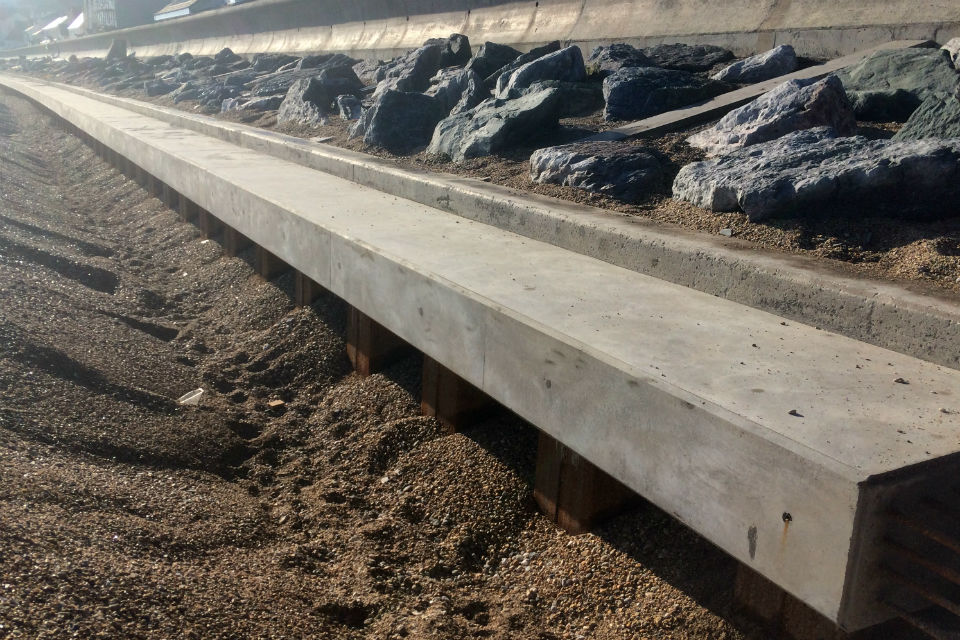Press release: Waste scam warning for Lincolnshire farmers and landowners
In the last week the Environment Agency’s environmental crime team have dealt with two new incidents where farmers have been approached and asked if they want tarmac road planings that can be used to repair roads and farmyards on their land. After accepting the offer and cash they found bales of landfill waste dumped on their land instead of the expected road planings, leaving them with an environmental liability and a bill to transport and remove the waste to an authorised disposal site.
Farm insurance policies often do not cover poor business ventures. The first farmer had 25 bales deposited on his land this week, including transport and disposal of the waste to a permitted disposal site; this could cost the farmer approximately £3,000.
The second farmer had approximately 2,500 bales deposited on his land. The cost of disposal at a permitted disposal site could result in a bill of approximately £300,000.
The Environment Agency is urging all landowners to be wary and not become the next victim of illegal waste disposal and dumping.
Advice from the Environment Agency includes:
- use reputable agents and brokers
- carry out suitable checks and due diligence, i.e. get the individuals details, vehicle registration, ask where the waste is coming from (address, permit number, waste carriers registration)
- inform them you’ll be contacting the Environment Agency or call us whilst they are there
- don’t agree to accept any waste until you have carried out some checks and had a cooling off period to fully consider the offer
Peter Stark, Senior Enforcement Officer, said:
Criminals operating in and around the waste industry can be very convincing and persuasive, sometimes offering thousands of pounds in cash up front. Don’t be tempted by quick money, you could end up with an environmental risk, flies, polluting liquids running out of bales of waste and even fire risks alongside the massive disposal bill.
We will investigate these two illegal waste incidents fully and take enforcement action if we can. However these farmers and landowners may have to pay significant sums to remove the waste legally. Waste crime is a serious issue diverting as much as £1 billion per annum from legitimate business and treasury.
Although these specific incidents occurred in Lincolnshire, we would not be surprised if this scam was attempted in neighbouring counties due to convenient transport links.
The Environment Agency provides impartial advice to customers, individuals and businesses to help them grow, our local officers will be happy to talk to you, can make public register checks whilst you are on the phone or you can make checks on our website for free, or you can call our Customer Contact centre on 03708 506 506.
The Highways Agency and county council’s highways department and their contractors will always use legitimate waste carriers and sites for the reuse or disposal of waste. They may approach farmers and landowners to see if they want to reuse tarmac road planings or crushed rubble and concrete to repair road and yard areas but farmers need to register the U1 waste exemption with the Environment Agency and abide by the rules.
The vast majority of waste sites we regulate are well run and provide essential waste management services. The Environment Agency are here to help the legitimate businesses.
Waste stored inappropriately can create issues for neighbours like smells and pests. It can also have a detrimental effect on the environment and impact on rivers and streams. There is a high risk of waste fires due to the waste not being stored in the correct manner.
Everybody has a part to play to help solve the waste crime problem and make sure waste is managed responsibly. If you see or suspect illegal waste activities, report it anonymously to Crimestoppers or call 0800 555 111.
